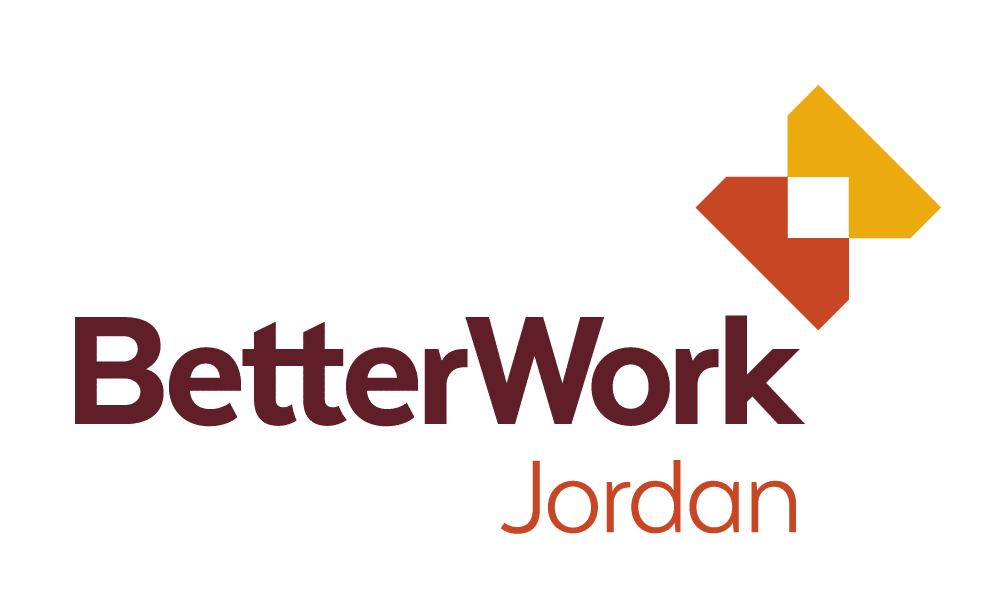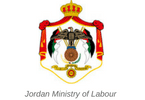Better Work Jordan
Since its establishment in 2008, Better Work Jordan has worked in close partnership with the Government, employers’ and workers’ organizations, development partners, and international brands to promote decent work and enhance competitiveness in the garment sector. Over the past 15 years, the programme has contributed to meaningful improvements in working conditions, social dialogue, and labour market governance. As of June 2025, Better Work Jordan has paused its operations due to a cut in funding.
While Better Work operations are currently paused, the ILO is in ongoing discussions with the constituents and stakeholders, and remains committed to supporting the sector and is engaging in dialogue on potential avenues for future collaboration. Continued efforts to uphold labour standards and promote inclusive growth in Jordan’s garment industry are of critical importance. Better Work continues to strive for an export-oriented Jordanian garment industry that lifts people out of poverty by providing decent work, empowering women and driving business competitiveness and inclusive economic growth.
During its tenure, Better Work Jordan worked to strengthen the capacity of tripartite constituents – government, workers and employers – to fulfill their mandates in promoting decent work outcomes. As a first for Better Work, Better Work Jordan tested successfully an innovative labour inspection secondment programme to build the capacity of labour inspectors to conduct high quality inspections. In recent years, the programme has also worked with other technical teams within the ILO, including experts on occupational safety and health (OSH), to equip Ministry of Labor (MoL) inspectors with the tools, skills and knowledge to undertake factory assessments using Better Work methodology. This initiative resulted in the establishment of a dedicated Better Work Unit at the MoL tasked with conducting inspections in the garment, plastic, chemical and engineering sectors jointly with Better Work Jordan staff.
In its seventeen years of operations, the programme made important strides in improving working conditions and industrial relations in Jordan’s manufacturing sector, with a focus on the garment industry. Over this period, the total value of Jordanian garment exports doubled, and the number of jobs created in the sector increased significantly despite the challenging operating environment in the region. At close, Better Work Jordan had 97 participating factories of which five were non-garment factories in the plastics, chemical and engineering sectors, reaching 26 brands and retailers.
The programme worked to build on its achievements while simultaneously equipping the tripartite constituents to take a leading role in maintaining and advancing these achievements. With migrants comprising a large majority of garment workers in Jordan, the programme encouraged stakeholders to uphold migrant workers’ rights by tackling the issues of pay discrimination, living conditions in worker dormitories and deficient recruitment processes.



